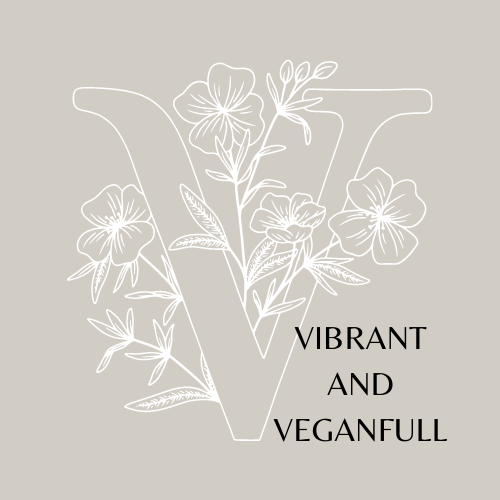"We the People" For Climate Change Mitigation?
- Jamie Langes

- Apr 29, 2021
- 4 min read
Updated: Jul 9, 2021
I'm a big "fan" of taking individual accountability; I do it, my husband does it, and we expect our kids to do it. What do I mean about "individual accountability?" I don't mean apologizing for everything, and I certainly don't mean that we believe we are above reproach (it's not "everyone else's fault"). We believe that every day, hour, minute, second, a person can make choices. They make choices that can either lead to positive or negative outcomes. No matter the outcome, we own our choices and take accountability for whatever outcome that choice has on our lives and other people's lives. With billions of people on this planet, making trillions of decisions; it serves to reason that those individual decisions as a whole are the most influential on climate change. "We the People" need to have accountability for the decisions we make when it comes to exacerbating or (hopefully) mitigating climate change acceleration.

Because of our decisions, when we talk about climate change, each personal lifestyle choice and associated accountability must be at the very core a part of the conversation. By the numbers, the billions of people making trillions of decisions far outweigh any other factor on climate change; we are the climate change.
I have met many people that have determined it should fall to the business community or a corporation to address our rapid climate changes. I believe this is based upon the widely circulated fact that the top 100 companies in the world contribute over 75% of the pollution to the planet. This may be true if we are considering contributions to climate change solely based upon the measured emissions and reporting for environmental regulations by those corporations. But any scientist will tell you that there is rarely (if ever!) one single factor, data point, or influence that results in an outcome. There are many factors, data points, confluences and influences that are contributing to climate change.
Think of it this way: The corporations are conducting operations in order to deliver goods or services. Are we, as consumers not "telling" those corporations by our purchase and the selection of their goods or services that we accept the pollution they create in order to have their produced items in our life? We.most.certainly.are! In this way, my personal lifestyle is directly able to be an influence that can
lead to a positive (or negative) outcome for the planet with every decision I make; and and so do yours.
Consumers "hold" the power; take any marketing class and it will be centered around how to get someone to buy your goods, your services, and select your company offering over any one else available. In this way, the consumer, by virtue of their choices, hold the power over a corporation's approach to the market (including their sustainability platform). If we stop buying a company's goods or services based upon environmental sustainability metrics, I promise you, they will change. Corporations care about their bottom line at the core; that's their sole purpose - making money (and I'm not saying that is good or bad or anything in between - it's a simple fact of how consumer-based society works).
Here are a few personal lifestyle Simple Choice Swaps to show you what I mean:
Shampoo & Conditioner Bars - easier to store, little to no packaging (all recyclable) with no plastics. Most have more natural ingredients (no parabens, no sulfides, and no phalates) and last longer than liquids. Ethique is my favorite (Ethique.com or Amazon.com)
Bulk Buys - less packaging (when you buy at a bulk store, you use the recycled boxes from the original produce or goods (no plastic bags!) and there is less "external packaging" exception being snack sized items). Also, at bulk stores, you can stock up on most used items - fresh produce in my house (apples, lemons, limes, etc.). Bonus for you: saves you money as the cost per item is generally lower in a bulk store. Caution: this can lead to food waste if you do not meal plan or will realistically use all of the items before they expire.
Farmer's Market - bring your own bags (no plastics here!) and shop local. The amount of energy it takes to bring the foods direct from the farm to your market is likely less than most of what you would purchase at the grocery store. Plus, you can select organic farmers to increase the amount of organic farms in the U.S. (did you know it takes on average 3 years to convert a conventional farm to an organic farm and achieve certification? The more we select organic, the more farms will start the conversion process, and the faster we will have limited the pesticide, herbicide or insecticides).
See, these are not hard choices / selections at all, but they are all the more environmentally sustainable option. I'm all about living your life and loving it! We don't have to give up modern conveniences; we need to modernize how we approach those conveniences. When faced with a choice, look at your options and try to pick the more sustainable product, good or service. If you make just one choice a day (every day) for sustainability, that's 1 person, doing 1 thing to show they care. When we all do one choice (every day), we become an army of decision-makers that demand better products from the corporations.
And THAT's how we will make climate change mitigation happen!
With love & hope for a better future for all of us - Jamie





Comments